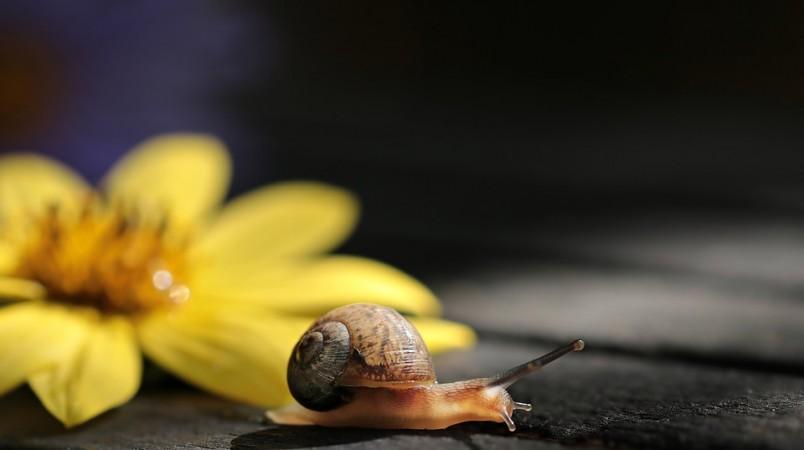
Survival of the fittest – we have always heard that you have to be the most active, the cleverest or the best hunter in order to survive evolution. However, now it appears that the less you do, the better your chances are to survive. A recent study reveals that if we humans want to exist long enough, we have to be lazy.
Apparently, laziness is an effective tool when it comes to survival. Researchers examined and studied how much energy the molluscs, such as snails, scallops, mussels, and slugs spend. They discovered that this species, which has been here on the face of Earth since millions of years now, has a "statistically significant difference" in their metabolic rates from those species that actually went extinct.
"The lower the metabolic rate, the more likely the species you belong to will survive. Instead of 'survival of the fittest,' maybe a better metaphor for the history of life is 'survival of the laziest' or at least 'survival of the sluggish,'" the co-author of the study, which was published in Proceedings of The Royal Society B, Bruce Lieberman stated. Lieberman is also an evolutionary biologist at the University of Kansas.
According to the researchers, this study would help the scientists in predicting which species will be the next to get extinct.
The researchers also concluded that the more sluggish the organisms were; the lesser amount of energy and food they needed to live. This allowed them to survive even when there was a shortage.
However, the metabolic rate mattered more in the case of a species which lived within a smaller territory.
The lead author of the study, Luke Strotz, stated that the metabolic rate "isn't the be-all, end-all of extinction." Rather it's just another tool, with the help of which extinction's reasons can be assessed.
Now, the researchers are aiming to find out how metabolic rates impacts other animals' extinctions including, the ones that live on land.













